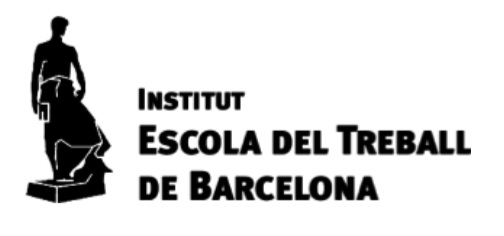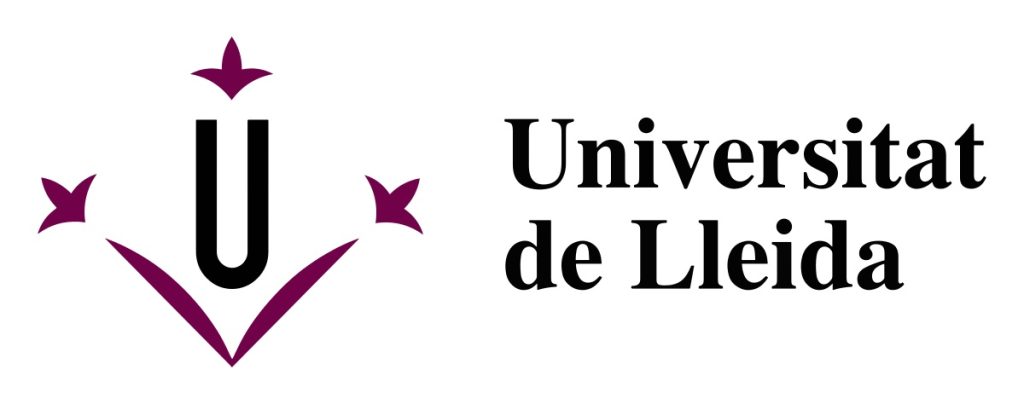TOOLKIT OF EDUCATIONAL STRATEGIES FOR DIGITAL EMPOWERMENT IN ARTIFICIAL INTELLIGENCE FROM A GENDER PERSPECTIVE

This project investigates and develops educational strategies aiming at reflecting on the role of Artificial Intelligence (AI) in everyday life as well as the ethical and social implications of its use in education from an intersectional gender perspective. The educational strategies are based on a transformative feminist pedagogy that motivates and stimulates the learning and professional development process of young women at risk of social exclusion and secondary teachers thus offering them new opportunities and perspectives for their future in a digitalised society.
The project includes training activities, discussions and co-creation sessions with secondary teachers and secondary school students from secondary education centres in the city of Hospitalet de Llobregat, as well as with teachers from the vocational training institution Escola del Treball de Barcelona. The research has a participatory methodological design, combined with formative assessment methods that will enable both students and teachers to adjust the course of their learning and adapt the activities to their needs and possibilities. Data collection and analysis will include both qualitative (e.g., diaries, interviews, observations) and quantitative (with pre- and post- surveys) research methods. As a result, the project will generate a participatory-designed toolkit which will contain didactic materials and resources for using AI with a gender perspective in the classroom. The activities with female secondary students will aim at preventing school dropout and structural gender violence, which particularly affects young women who are at risk of social exclusion due to various psychosocial and economic reasons linked to axes of inequality and discrimination such as gender, ethnicity, or social class.
The Escola de Treball de Barcelona, located in the heart of Barcelona, and the Institut Jaume Botey and Institut Bellvitge secondary schools, located in the city of Hospitalet de Llobregat (Barcelona), are participating in the study.
Funded by the Women’s Institute of the Spanish Ministry of Equality, this initiative is linked to the ACTFEM project, a scenic-technological project for social intervention through performing arts, coordinated by the PlauditéTeatro theatre school and company. This project is led by the director of GenTIC, Milagros Sáinz, as principal investigator, and will be carried out in a collaboration between GenTIC researchers and a team of researchers from the University of Lleida.
Funding organisation: Women’s Institute (IMs)
Start date: 15 November 2023 – End date: 15 October 2024
Principal Investigator: Milagros Sáinz Ibáñez, director of Gender and ICT (IN3 – UOC)
Research team:
Milagros Sáinz Ibáñez (senior researcher, principal investigator of the Gender and ICT research team at UOC)
Marie-Monique Anastasia Schaper (Associate Professor Serra Hunter, principal investigator of the research team at Universitat de Lleida)
Miruna Bivol (Predoctoral researcher at GenTIC – UOC)
Rocío Segura Nebot (Predoctoral researcher at GenTIC – UOC)
Beatriz López Pérez (Research assistant at GenTIC – UOC)
María José Romano (Research assistant at GenTIC – UOC)
Rosa María Gil (Associate Professor at Universitat de Lleida)
Mercé Teixidó (Assistant Professor at Universitat de Lleida)
Funded by:

In collaboration with:


